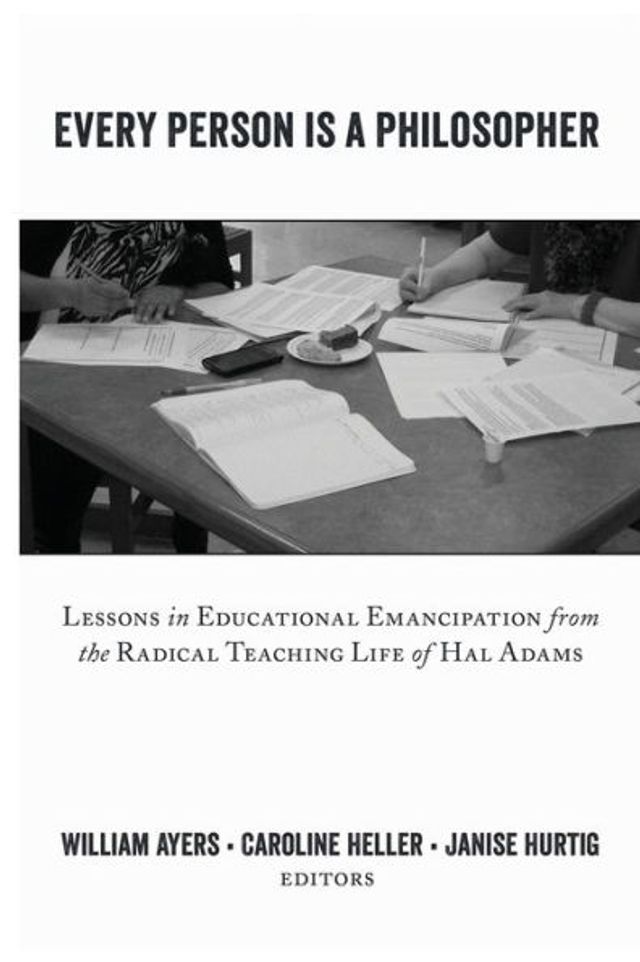Home
Cultivating Empathy: The Worth and Dignity of Every Person--Without Exception
Barnes and Noble
Cultivating Empathy: The Worth and Dignity of Every Person--Without Exception
Current price: $14.00


Barnes and Noble
Cultivating Empathy: The Worth and Dignity of Every Person--Without Exception
Current price: $14.00
Size: OS
Loading Inventory...
*Product information may vary - to confirm product availability, pricing, shipping and return information please contact Barnes and Noble
An emotionally honest and personal exploration of conflict that introduces a creative and compassionate way to develop empathetic responses.
In
Cultivating Empathy
, Reverend Nathan C. Walker explores the concept of the moral imagination—a way we can project ourselves into a conflict and understand all perspectives, aware that understanding need not imply agreement.
Walker presents a series of revealing essays about his wrestlings with personal and cultural conflicts and his commitment to stop “otherizing”—which occurs when we either demonize people or romanticize them. His remedy for these kinds of projections is to employ the moral imagination as an everyday spiritual practice. Through his engaging and thought-provoking vignettes, he endeavors to find connection with skinheads, murderers, homophobic preachers, privileged 1-percenters, and Monsanto executives. As he experiments with this approach, he shows a model that can help us all nurture greater empathy for those we have previously held in contempt.
In
Cultivating Empathy
, Reverend Nathan C. Walker explores the concept of the moral imagination—a way we can project ourselves into a conflict and understand all perspectives, aware that understanding need not imply agreement.
Walker presents a series of revealing essays about his wrestlings with personal and cultural conflicts and his commitment to stop “otherizing”—which occurs when we either demonize people or romanticize them. His remedy for these kinds of projections is to employ the moral imagination as an everyday spiritual practice. Through his engaging and thought-provoking vignettes, he endeavors to find connection with skinheads, murderers, homophobic preachers, privileged 1-percenters, and Monsanto executives. As he experiments with this approach, he shows a model that can help us all nurture greater empathy for those we have previously held in contempt.














